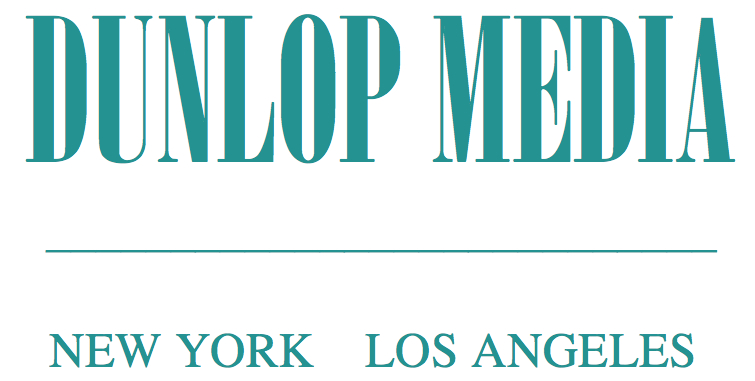The social media sharing of a Sunday morning talk show segment demonstrates how a lowbrow headline can serve a higher purpose
Media commentary by Steve Dunlop
Listen to podcast version here
Journalism is perennially caught between two competing instincts: medicine and sugar. Tell the people what they need to know… or give the people what they want to know. “What tells” versus “what sells.” As reporters, our better angels usually favor the former. Our editors and publishers often lean into the latter.
A prominent cable news program recently blended medicine with sugar in a way uniquely suited to the digital age. And it’s a fair wager that not even CBS News correspondent Scott Pelley realized it was happening.
Pelley has been on tour recently to promote his new book, “Truth Worth Telling,” which is reviewed in the Library section of our Press Center. He was interviewed by Brian Stelter on CNN’s Reliable Sources. Pelley came prepared with strong medicine - directly related to the core theme of his book: media and truth.
“The American people,” said Pelley, “have to have reliable information to make reliable decisions about our country.” And as to how to get reliable information in the fake news era, he offered a very practical suggestion:
“If you see something on the Internet that you wonder about or that outrages you, then do what has never been possible before. Look at a variety of other sources. Spend 10 minutes figuring out whether that story is true. I wonder what CNN is saying about that. I wonder what the Chicago Tribune is saying about that. And triangulate your information…our viewers have never had to do that in history. And today it’s going to be mandatory. “
Mandatory - as in, “take your medicine.” But see what happens next. Before he wraps up, Stelter asks a question about the recent shakeup at CBS News, and Pelley takes the interview in a very different direction.
“We’ve been through a dark period in the last several years of incompetent management and sort of a hostile work environment within the news division,” Pelley said. “I lost my job at the Evening News because I wouldn’t stop complaining to management about the hostile work environment.”
Pelley went on to laud the recent positive changes at CBS. But the die had been cast. You could even argue that Scott Pelley just stepped on his own key message. So what now?
CNN posted the entire Pelley interview to its own site, and to Twitter, under the following headline: “Scott Pelley’s Biggest Worry about Media and Democracy.” In the ensuing month, it gathered 276 retweets and 744 likes. Not bad, but not overwhelming. Like all the Sunday morning talk shows, Reliable Sources has a relatively small but well educated audience - probably the kind of consumers who already take Pelley’s advice to keep your sources of news broad and diverse.
But when CNN posted the Pelley interview to YouTube, an online powerhouse second only to Facebook in the number of users worldwide, it gave the very same six minute segment a vastly different headline: “Scott Pelley: Why I lost My Evening News Job.”
Within a month, the YouTube posting garnered more than 544-thousand views. A huge accomplishment for a lecture about media literacy.
Did the “Why I Lost My Evening News Job” headline amount to clickbait? A crass attention getter? In this case, I’d call it smart marketing: clickbait for a cause.
Scott Pelley’s warnings about media and democracy were, admittedly, a bit of a sermon… but on Reliable Sources, he was preaching mainly to the converted. With a provocative tabloid headline, CNN packaged a message it believes the entire world needs to hear - in a way that played to what people want to hear. And because Stelter asked the evening news question last, it didn’t deliver until the very end. The audience had to sit through the sermon to get to the dessert.
No less a media figure than the legendary 60 Minutes creator Don Hewitt liked to say, before they’ll watch, you gotta get them into the tent. There’s a lesson here for communicators of all stripes who want to reach people beyond those who are already on board with them in our divided age.
Even Mary Poppins would agree… just a spoonful of sugar helps the medicine go down.
Listen to the podcast of this Press Center Commentary here.

